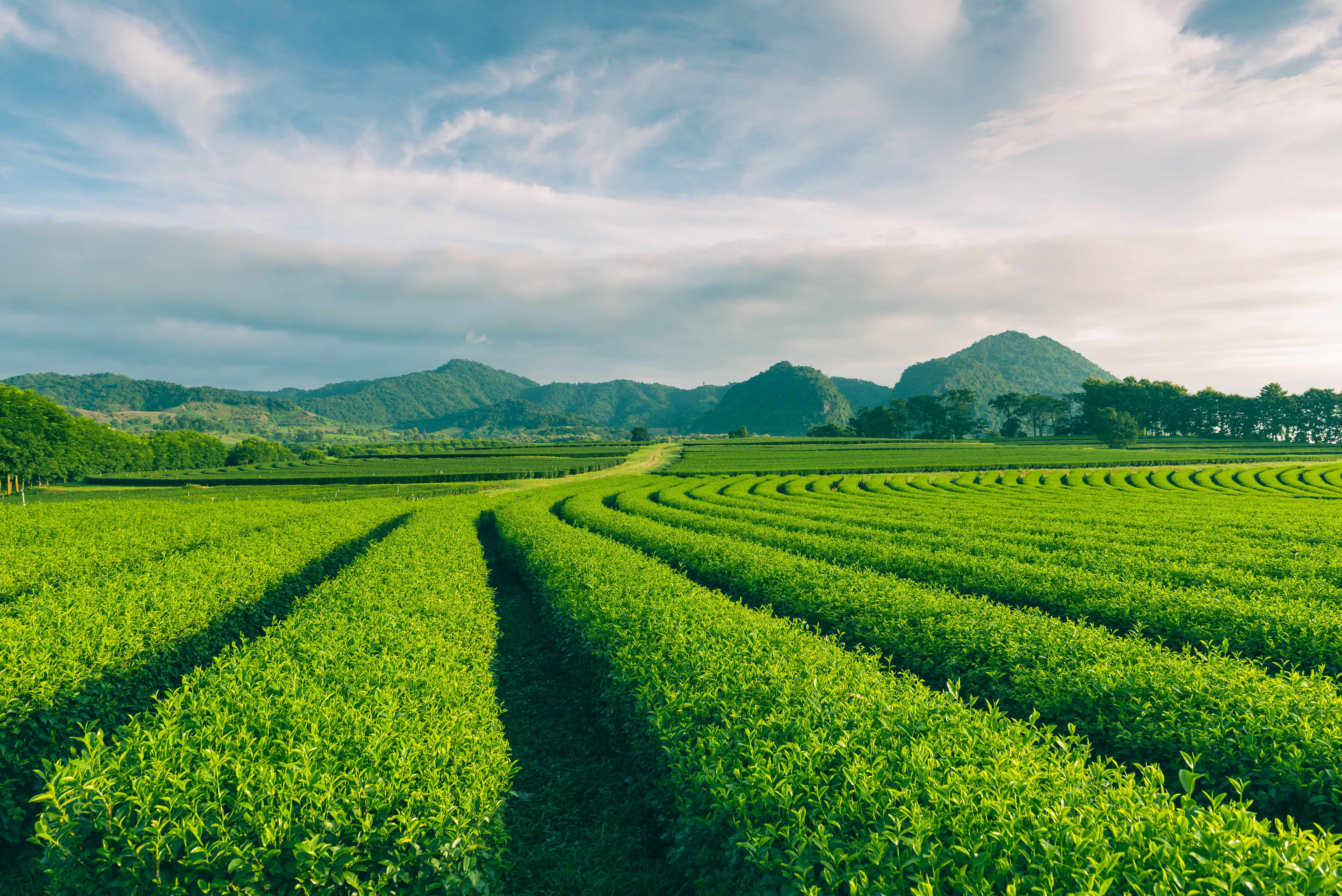Indonesia’s food and beverage industry proves to be resilient despite recent challenges
Our insight into Indonesia’s food and beverage sector
As specialists in food and beverage industry recruitment in Indonesia, we keep a close eye on the sector to ensure we provide the highest standards of service to our clients and candidates. Despite a slowdown during the Covid-19 pandemic – a situation we’ve seen in countries across the Asia Pacific region – Indonesia’s food and beverage sector appears to have successfully weathered the storm, growing by 3% in 2020.
A strong agricultural sector
As previously discussed in another article, agriculture is an essential element of Indonesia’s thriving food and beverage industry. The main crops produced in the country include maize, rice, sweet potato and soya beans, whilst 90% of rice production is covered by smallholder farms. In terms of vegetable production, the main crops cultivated including cabbages, chillies, mushrooms, tomatoes, onions and shallots. Bananas, mango, citrus fruits, papaya, pineapple, apples, jackfruit and rambutan are the main fruit crops.
Over recent years Indonesia’s poultry and livestock population has grown significantly in an effort to meet the country’s ever-increasing demands for food. However, domestic beef production only accounts for 45% of demand, whilst pork production is increasing thanks to steadily increasing demand from Indonesia’s non-Muslim population. The majority of poultry production is located in Java, but as chicken and broiler meat are the country’s main sources of protein, production is now spread throughout the country.
Last and by no means least, fish and seafood consumption in Indonesia is high in comparison to other nations in the region; in fact the country is one of the world’s top-ten fish dependent nations. Shrimp is the country’s most important fisheries commodity, accounting for almost half of the value of fishery products export. Furthermore, Indonesia is also ranked number 5 in the global canned and processed tuna market.
Food and beverage manufacturing in Indonesia
We’re pleased to report that food and beverage processing remains hugely important to Indonesia and is a sector which offers great promise. This ongoing success is largely due to the many businesses which compete against each other for sales.
The country’s food processing industry consists of almost 6000 large to medium sized producers who employ around 760,000 of the population. In addition, 1.6 million small scale and micro producers account for the employment of 3.75 million people.
An important but often overlooked segment of the food and beverage industry is warehousing. Indonesia’s warehousing sector is largely undeveloped, with many of the facilities in use being in the traditional timber or reinforced concrete style. In addition, loading docks are limited, whilst floor spaces are inaccurate and cannot be used for loading data. This is sector which is crying out for development and once this begins, will hopefully result in a further increase in food and beverage industry recruitment in Indonesia.
Logistics and transportation also play a vital role in the success of Indonesia’s food and beverage industry. Efficient transport services and a well-maintained transport infrastructure are essential to ensure successful logistical outcomes, especially when it comes to the transport of fresh foods such as fruit and vegetables, dairy and meat. The country’s logistics sector faces a number of challenges unique to the sector, with the success of the dairy and food industry depended upon the timely and seamless delivery of raw materials. As such, it’s important that the logistics sector continues to develop and innovate; so the recruitment of talented individuals will offer an important contribution to its success.
Food retail
The grocery and food industry is the largest contributor to Indonesia’s retail industry, accounting for just under 65% of total retail sales. As personal income and consumer spending increase, the sector, which includes restaurants, hotels and markets, is undergoing a dramatic change as an estimated 90 million Indonesians join the countries consumer class by 2030.
Convenience stores, closely followed by hypermarkets, form the largest parts of Indonesia’s food retail sector. In addition, the country’s online retail sector enjoyed buoyant growth during the pandemic. Nevertheless, the retail is sector remains dominated by food retailers with local bases including Super Indo, Indomaret and Family Mart.
It’s predicted that Indonesia’s food industry is likely to remain at the forefront of the country’s economic and manufacturing growth, and so it’s important that the industry begins to make better use of the latest developments in agri-tech and digital technology. The packaged food sector also offers great promise, however the ongoing expertise of experts in fields such as flavourings, innovation, research and development, manufacturing and supply chain management will be required.
Contact Peak Recruit – food and beverage industry recruitment specialists in Indonesia
We take great pride in offering a flexible recruitment model based upon our client’s individual requirements. If you would like to find out about our food and beverage industry recruitment services in Indonesia, please get in touch to speak to one of our industry-specific specialists.

